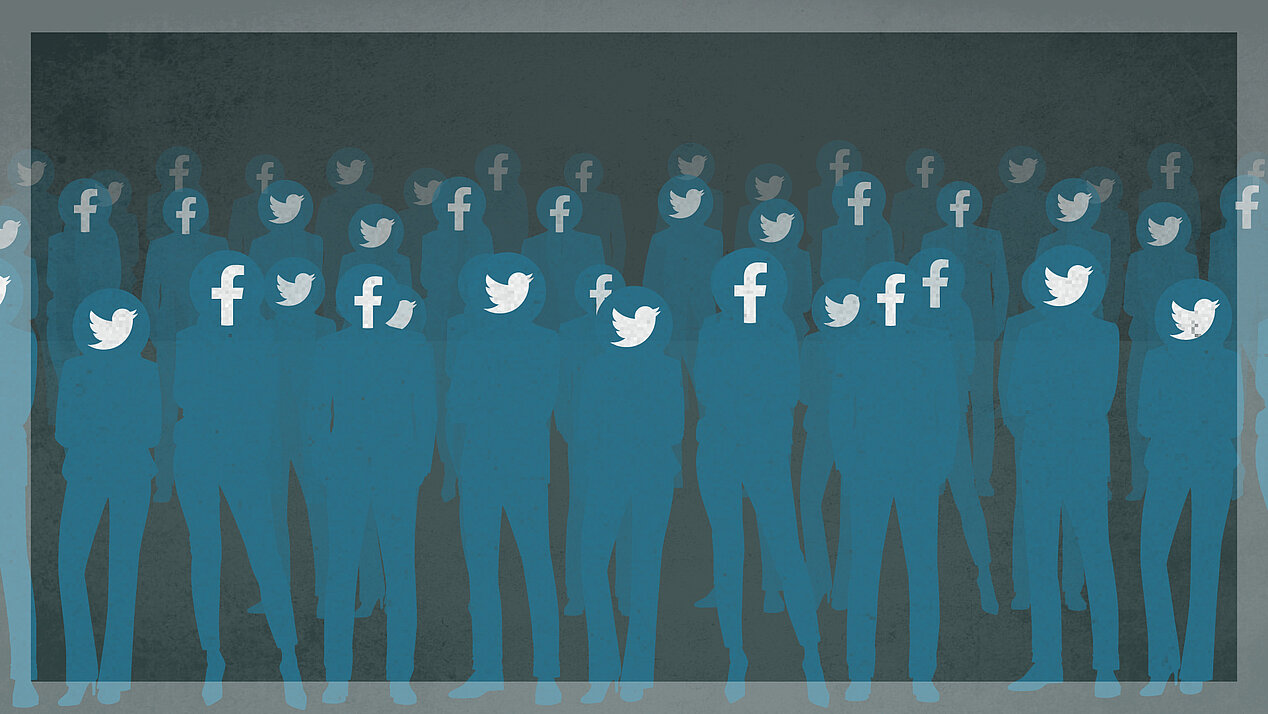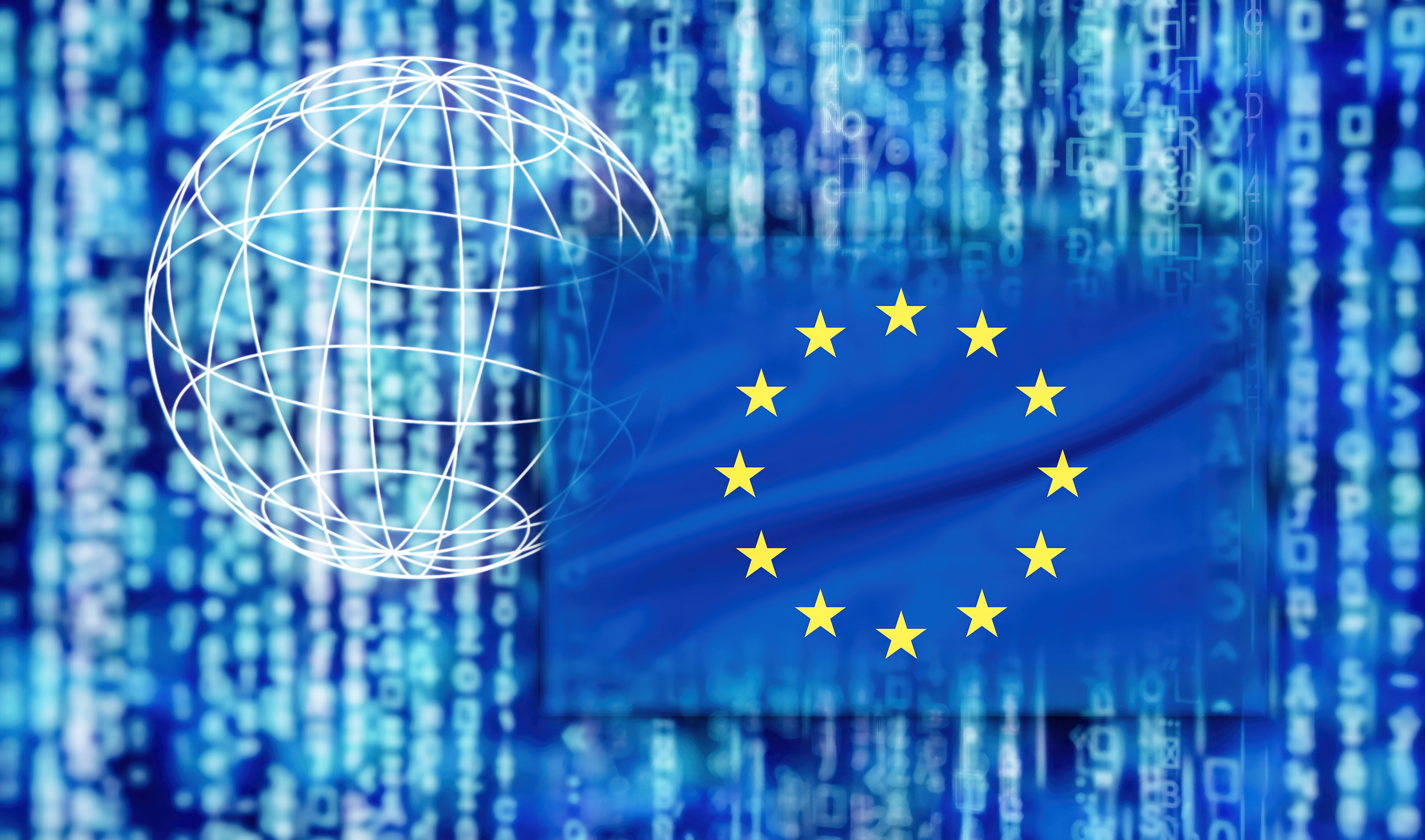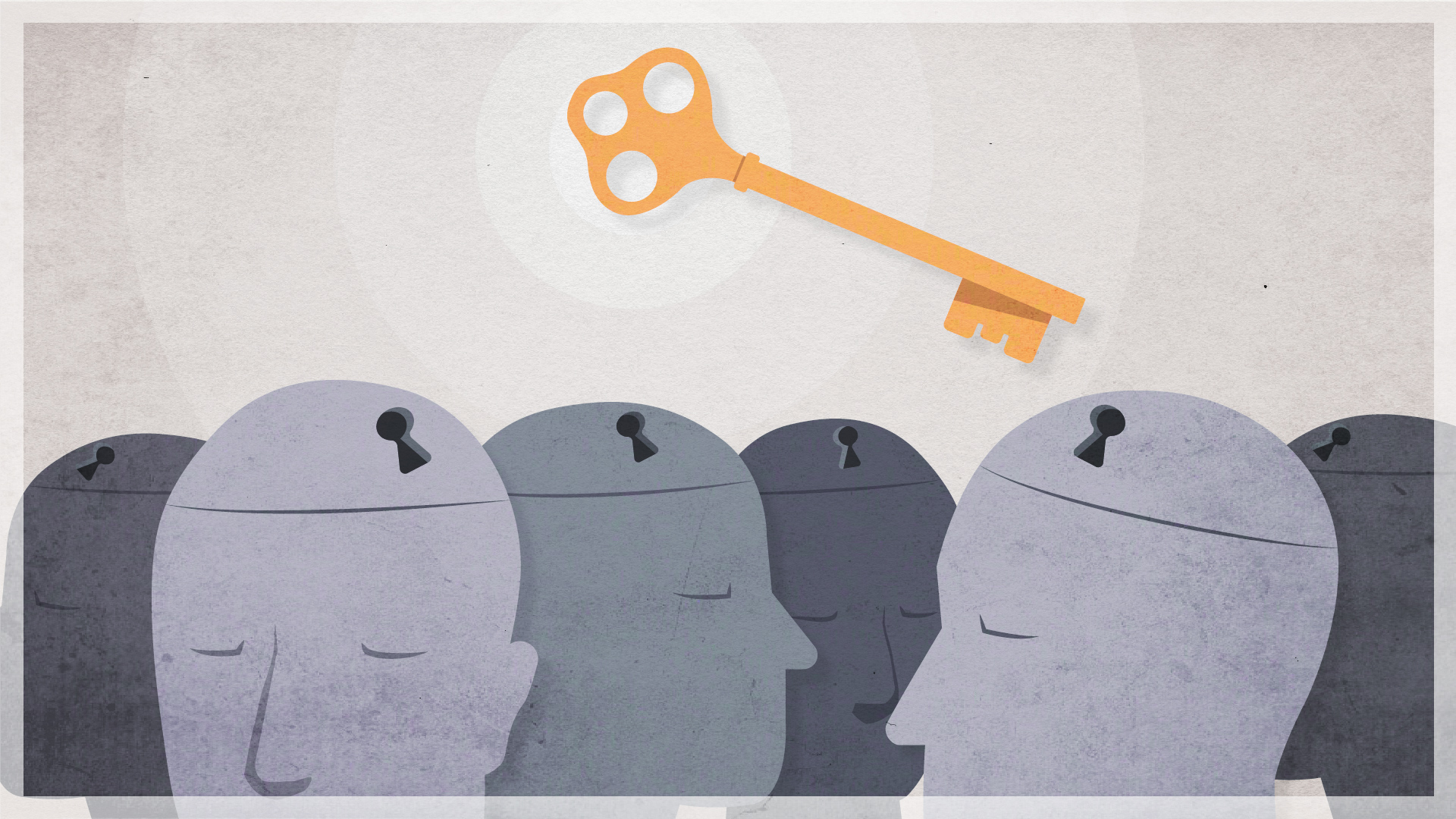Russian trolls and bots spread disinformation far and wide. Disinformation makes it more difficult to distinguish truth from falsehoods. It reinforces distrust at a time when trust in most democratic countries is already at a low point. More Americans get their news from social media than from newspapers, but a majority find it difficult to distinguish between truth and online disinformation. More than a third of young people in the UK report that they find it difficult to tell the difference between truth and lies on social media; a similar proportion say that social media had made them feel more negatively about politics.
Informed political choice depends on reasoned debate. When facts become opinions, and opinions facts, democracy suffers. This is a particular problem on social media, where algorithms drive revenues by getting users to access material that bolsters their existing views and prejudices.
Lies travel fastest of all: six times faster than truth, according to research done at the Massachusetts Institute of Technology.
That said, it is important to distinguish between the responsibility of governments and that of online communication platforms. Some governments intentionally spread disinformation; social media sometimes allow this to happen. The distinction tends to slip from sight when both phenomena are referred to as fake news. This is one reason why the term ‘fake news’ is best avoided.
Since Donald Trump launched the term “fake news” to delegitimise journalists and media, the practice has been embraced enthusiastically by politicians around the world to silence critical voices. Research at Oxford University found that in 2017 the term was used by political leaders in Burma, Cambodia, China, Egypt, France, Germany, Hong Kong, Hungary, Kuwait, Libya, Malaysia, the Philippines, Poland, Russia, Singapore, Somalia, Syria, Tanzania, Thailand, Turkey, the USA and Venezuela. In Tanzania, for example, several independent newspapers and radio stations were shut down or suspended because of what President Magufuli considered ‘inaccurate’ reporting. The old Nazi slur of “Lügenpresse” has found a world-wide following.
Fancy Bear, a Russian cyber group, hacked the servers of the Democratic Party in the USA and released emails to WikiLeaks to damage Hillary Clinton’s 2016 presidential campaign.
Now that the term ‘fake news’ has become an instrument of censorship it is best to avoid the concept. The European Union uses the term ‘disinformation’ instead. Disinformation is understood as verifiably false or misleading information that is created, presented and disseminated for economic gain or to intentionally deceive the public, and may cause public harm. Public harm includes threats to democratic processes as well as to public goods such as health, environment or security. Disinformation does not include inadvertent errors, satire and parody, or clearly identified partisan news and commentary.




![[Translate to english:] Russland praktiziert systematisch Desinformation, um liberalen Demokratien zu schaden, Foto: Tim Goode via picture alliance [Translate to english:] Vogelperspektive: Alles in Schwarz, zwei Hände tippen auf einer Tastatur.](/fileadmin/Content/images/mediathek/blog/Forum_Blog/ifa-forum_gijs-de-vries_cyberattack_foto-empics-tim-goode-picturealliance.jpg)



